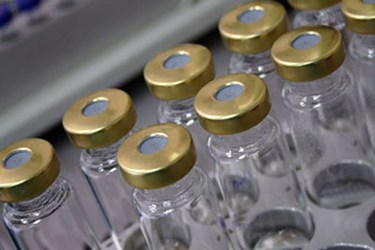Wyss Announces Commercialization Arrangement For Organs-On-Chips Technology

The Wyss Institute for Biologically Inspired Engineering at Harvard University declared that its Organs-on-Chips technology will be marketed by a newly formed private firm, Emulate. The new company aims to speed development of the technology in pharmaceuticals, cosmetic, chemicals, and personalized medicine applications.
The Institute’s organs-on-chips are produced using microchip manufacturing methods. Each chip is a cell culture device about the size of a memory stick. These contain tiny hollow channels lined with living cells and tissues relevant to the organ being mimicked. Capable of simulating organ-level physiology, the chips allows for real-time analysis of metabolic, biochemical, and genetic activities within individual cells. In a video, Wyss Institute Founding Director Donald Ingber explains how a lung-on-a-chip is designed with layers of air and blood channels. The tissues also expand to simulate how the lungs move. The scientists point out the time and cost savings benefit of the technology as a superior way to assess early-stage drugs over traditional methods, such as animal testing. Indeed, according to a researcher from the U.S. National Center for Advancing Translational Sciences, animal models are often only 30 to 60 percent accurate in showing the response to a new drug.
Dr. Ingber said, “This is a big win towards achieving our institute’s mission of transforming medicine and the environment by developing breakthrough technologies and facilitating their translation from the benchtop to the marketplace.”
The Wyss team has developed more than ten kinds of organs-on-chips including liver, kidney, gut, and bone marrow chips. The technology has been transitioned a new startup company, Emulate, following a global license agreement between the startup and Harvard’s Office of Technology Development (OTD).
Emulate launched this week with $12 million in Series A financing, which will be used to accelerate the first in commercial applications for the automated organs-on-chips platform. Dr. Geraldine Hamilton, Lead Senior Scientist on the Wyss Institute Biomimetics Microsystems Platform, and James Coon, a Wyss Institute Entrepreneur-in-Residence, will take senior leadership positions at Emulate together with other members of the original research team.
“Our unique automated Organs-on-Chips approach to human bioemulation opens up entirely new possibilities to develop products with enhanced properties, improved efficacy and safety, and personalization to patients and consumers. The company will focus on key strengths of integrating design, biology and engineering to create revolutionary products,” said James Coon.
